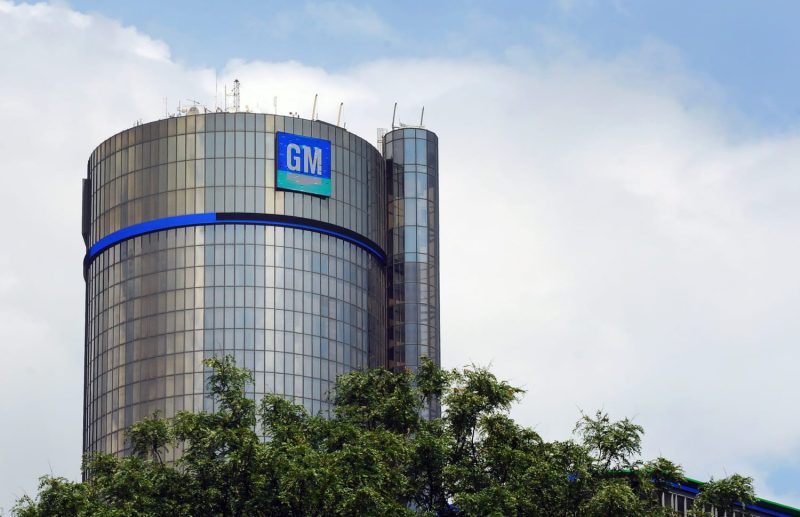General Motors (GM) Lays Off 1,000 Employees Amid Reorganization and Cost-Cutting
In a significant move that has sent shockwaves through the automotive industry, General Motors (GM) recently announced the layoff of 1,000 employees as part of a larger reorganization and cost-cutting strategy. The decision comes at a time of transformation and uncertainty within the company, as it seeks to adapt to changing market dynamics and position itself for future growth.
One of the key reasons cited for the layoffs is the need to streamline operations and reduce costs in response to market challenges and competitive pressures. By optimizing its workforce and restructuring certain departments, GM aims to improve efficiency and enhance its overall financial performance. However, such downsizing measures are never easy, and the impact on the affected employees and their families cannot be understated.
The move has sparked mixed reactions from various stakeholders. While some industry analysts view the layoffs as a necessary step for GM to remain agile and competitive in a rapidly evolving market, others have expressed concerns about the human cost of such decisions. With job security becoming increasingly precarious, especially in industries vulnerable to technological disruptions and economic volatility, the plight of laid-off workers highlights the broader challenges facing the modern labor force.
Moreover, the layoffs at GM underscore the broader trend of companies resorting to workforce reductions as a means of adapting to market shifts and cutting costs. In an era defined by globalization, technological advancements, and changing consumer preferences, traditional business models are being upended, forcing companies to rethink their strategies and operations. The rise of automation, artificial intelligence, and digitalization has further accelerated this transformation, creating a more uncertain landscape for workers across all sectors.
At the heart of the issue is the need for effective workforce planning and talent management strategies that can help companies navigate complex challenges while also prioritizing the well-being of their employees. As organizations grapple with the dual pressures of staying competitive and maintaining a responsible approach to human resources, finding a balance between efficiency and empathy is crucial. By fostering a culture of transparency, communication, and support, companies can mitigate the negative impact of layoffs and help displaced workers transition to new opportunities.
Looking ahead, the case of GM serves as a stark reminder of the volatility and unpredictability inherent in today’s business environment. As companies continue to adapt to changing market conditions and technological disruptions, the need for proactive and people-centered strategies will only grow more pronounced. By investing in skills development, retraining programs, and robust social safety nets, businesses can not only weather the storms of change but also contribute to a more resilient and inclusive economy for all.

